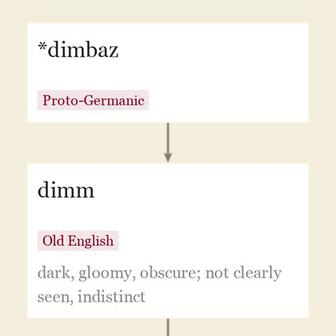dimmish adj.
"
updated on August 20, 2018
- transfusion
- transgender
- transgress
- transgression
- transgressive
- transgressor
- transience
- transient
- transistor
- transistorize
- transit
- transition
- transitional
- transitive
- transitory
- translate
- translater
- translation
- translator
- transliterate
- transliteration
- translocation
- translucence
- translucent
- transmigration
